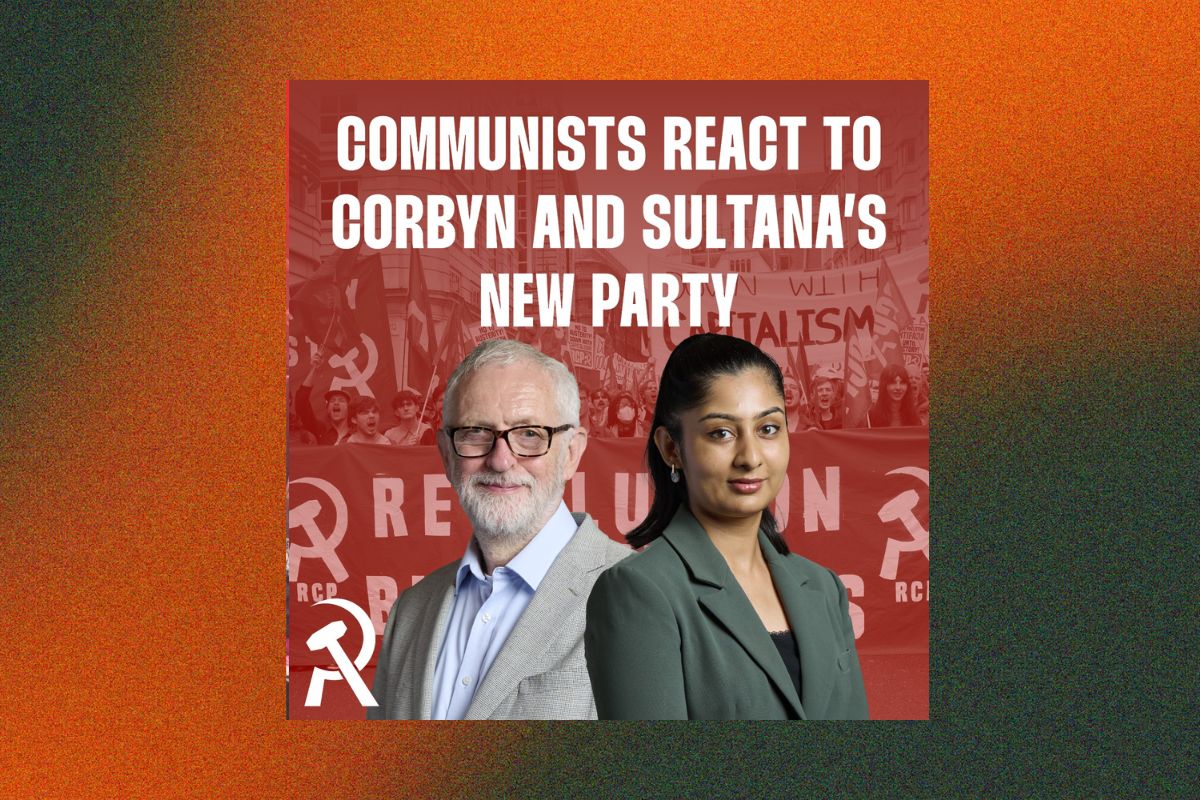On November 17 we published an article on the crisis in the British
Conservative Party, Tories in Crisis – The Plots Thicken. The
purpose of the article was to show how the Tories' crisis, and especially the
crisis of their leadership, is an expression of the crisis of the capitalist
system, which affects all classes in society.
The splits at the top of the British Tory Party, the most successful
bourgeois party in history and the consummate representatives of British
capital, are not merely a question of personalities. To be understood properly
these divisions have to be seen alongside the crisis surrounding the monarchy,
and the mess in which the church finds itself. All three pillars of the British
establishment – the crown, the church and the Conservative Party are mired in
corruption, scandals and splits.
The 'old guard' of the Tory Party want to ditch leader Iain Duncan Smith
[IDS], but they do not want the reactionary rank and file of the party getting
involved. New rules introduced by previous leader William Hague, gives the
"hang-'em-and-flog-'em' rank and file [Note: the hang-them-and-flog-them
rank and file, i.e. the extremely right-wing, reactionary elements that make up
the bulk of the rank and file of the Conservative Party] a vote when choosing a
new leader. That is why the Tories have ended up with Duncan Smith at the helm.
In our article on November 17 we outlined the position of one of these elder
statesmen, Leon Brittan:
"Leon Brittan made it clear that a new election for leader would be
damaging for the Tories, making them look as hopeless, hapless and divided as
when they elected IDS last year. Instead Brittan strongly suggests that IDS
should do the honourable thing and fall on his sword. In their usual deceitful
round-the-houses method he doesn't actually say this, but combines the statement
that there should not be an election with the thought that maybe Duncan Smith
wouldn't still be leader come the next general election. Only one conclusion can
be drawn from that. He should resign and leave the choice of a new leader to the
MPs, not allow the Tory party's hang 'em, flog 'em, and kick 'em out of the
country rank and file to elect a replacement.' (Tories in Crisis, 17/12/02)
This has now been confirmed by Michael Heseltine (now Lord Heseltine, a
former deputy Prime Minister). In an interview in the Independent newspaper
(09/12/02), Heseltine makes it quite clear that Smith should go and be replaced
by a "dream ticket' pairing of Kenneth Clarke and Michael Portillo. The
rank and file should not have any say in the matter: "The difficulty now is
these leadership rules. If there were to be a re-run of the leadership process
the rules might well stop Ken winning again. You are dealing with a small number
of people, the party members, with an average age of 67, who are obsessed with
this issue of Europe. They're obsessed by it." (The Independent 09/12/02)
The way around this problem of course, is to ignore the party's members:
"The parliamentary party should say, 'Those are the rules of the party as a
whole, but we are going to have a separate leader for the parliamentary party.'
They would then choose Ken Clarke. I suspect also that this would bring Michael
Portillo back into the front line." (The Independent 09/12/02)
This confirms our analysis to the letter. Heseltine says out loud what
Brittan and the others would only hint at. Twisting the knife in further,
Heseltine argues that the Tories have no chance of winning the next election,
and perhaps little chance thereafter unless they change leaders: "We've got
a better shadow cabinet on the back benches than we have on the front
bench." (The Independent 09/12/02)
Who does or does not win the next election depends, above all on events. The
state of the economy, war, the further attacks of the Blair government, all have
a greater bearing on the outcome of the next election, than who bears the title
of leader of the Conservative Party. Some have even proposed a take-over of the
Tories by the Ulster Unionist Party, making David Trimble party leader! But this
would be going too far.
The crisis in the Tory party is indeed a serious one, but it would be wrong
to announce their funeral. The present splits and divisions in the Tory
leadership, now being fought out in the open, are not yet their final death
rattle. They can recover in the next period, despite all their current woes.
However, one can already see within the current divisions the outline of future
splits, and the development of an even more reactionary, right wing grouping as
the crisis in society develops.
It is too early by far to announce the obituary of the Tory Party. For
Marxists the important thing is to recognise these developments as part of the
process of the deepening crisis within the ruling class, which itself is a
reflection of the developing crisis of British capitalism.






